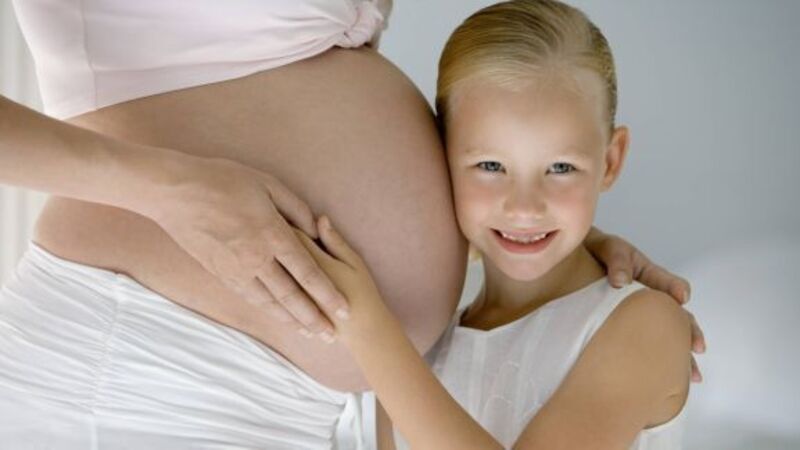Mon, 15 Dec, 2014 - 00:00
Allergy-prone ingredients to be listed
Over the weekend all restaurant menus and packages of food had to list if they contained any of 14 ingredients to which people may be allergic to.
Already a subscriber? Sign in
You have reached your article limit.
Subscribe to access all of the Irish Examiner.
Annual €130 €80
Best value
Monthly €12€6 / month
Introductory offers for new customers. Annual billed once for first year. Renews at €130. Monthly initial discount (first 3 months) billed monthly, then €12 a month. Ts&Cs apply.
CONNECT WITH US TODAY
Be the first to know the latest news and updates
CourtsColumnistsPlace: EuropePlace: SloveniaPlace: RussiaPlace: LibyaPlace: EUPlace: GreecePlace: AthensPlace: BrusselsPlace: LuxembourgPerson: Ann CahillPerson: Frans TimmermansPerson: Marine Le PenPerson: President Vladimir PutinPerson: Jean-MariePerson: Violeta BulcPerson: Finance CommissionerPerson: Pierre MoscoviciOrganisation: European CommissionOrganisation: European ParliamentOrganisation: European Women’s LobbyOrganisation: EUOrganisation: Syriza partyOrganisation: Greek governmentOrganisation: European Court of JusticeOrganisation: Czech















